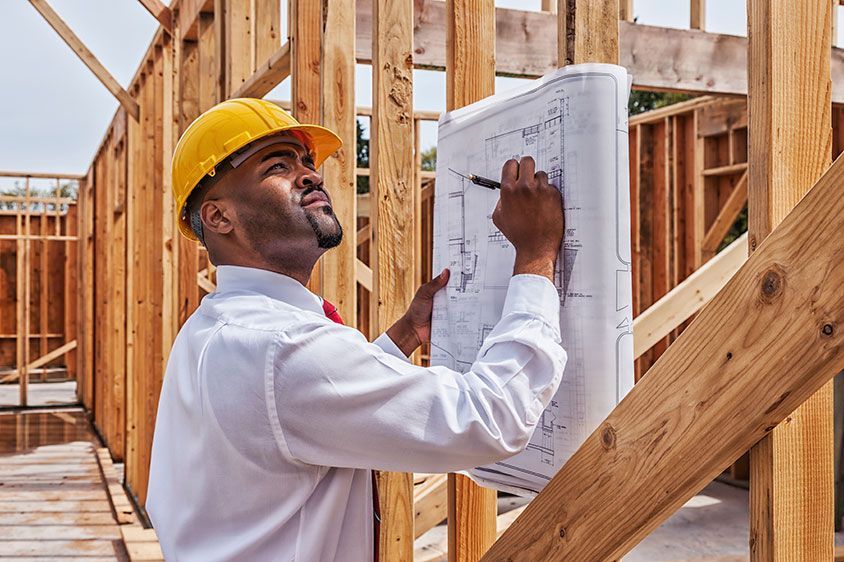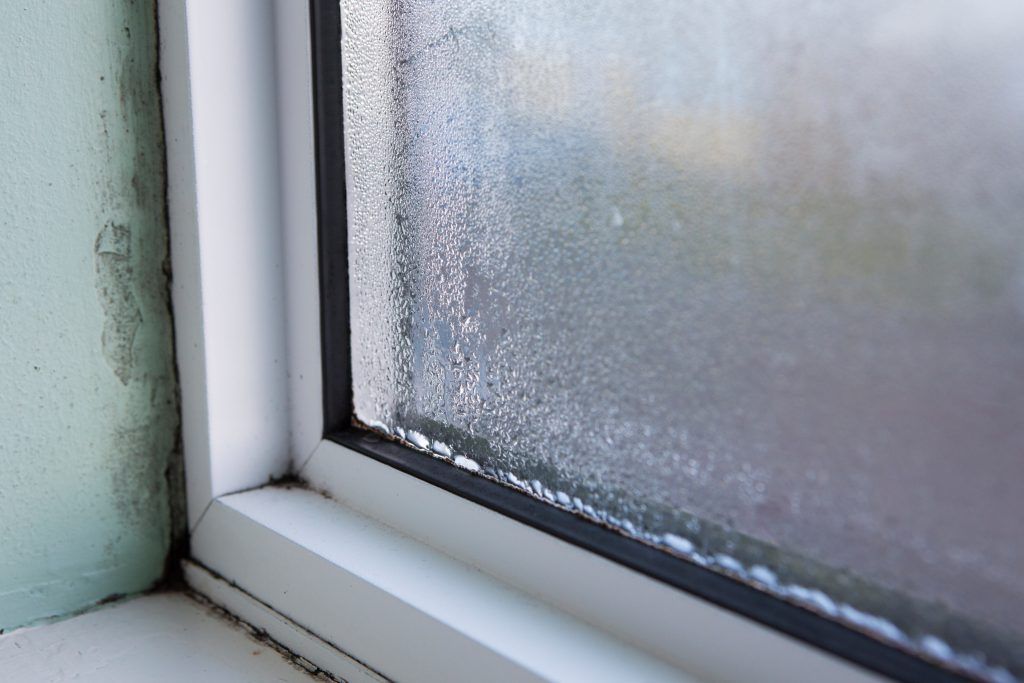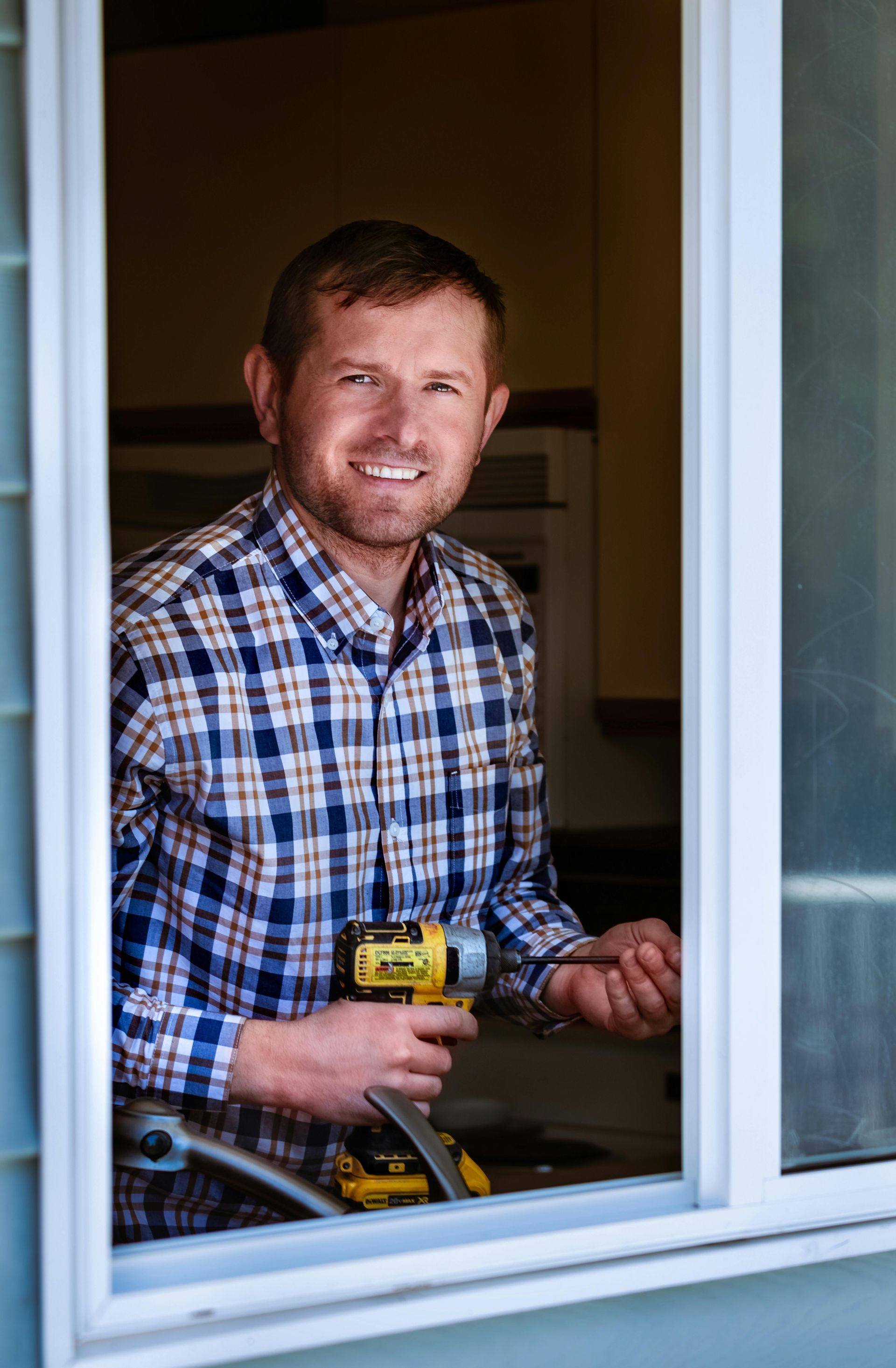Permit Me to Explain: The Florida Window Permit Drama You Didn’t Know You Signed Up For
Why pulling a permit for your new windows in Florida is less about paperwork—and more about saving your sanity, your resale value, and maybe even your roof.

Let’s talk about permits. Yep—that exciting, heart-pounding subject nobody ever wants to think about until a county inspector shows up at your door looking like they just caught you sneaking a hot tub onto your patio in the middle of a hurricane.
If you’re in Florida and you're planning to replace your windows, buckle up: permitting isn’t optional, and doing it the wrong way could cost you way more than just fines.
🧾 So What Is a Window Permit, Really?
A window permit in Florida is official permission from your local municipality to replace or install windows in compliance with the Florida Building Code (FBC). That code includes some heavy-hitting safety standards, especially if you live in a High-Velocity Hurricane Zone (HVHZ)—looking at you, South Florida.
If your contractor isn't pulling a permit, it’s not because they’re trying to “save you money.” It’s because they’re cutting corners—and possibly cutting your future home sale short, too.
😬 What Happens If You Skip the Permit?
Here’s what no smooth-talking salesperson tells you:
- If your window job isn’t permitted, it likely wasn’t inspected.
- If it wasn’t inspected, there’s no guarantee it’s code-compliant.
- If it’s not code-compliant, your homeowner’s insurance might not cover hurricane damage.
- If you try to sell your house, an appraiser or inspector could flag the unpermitted work—and you’ll end up paying twice.
Permits are like flossing: mildly annoying, but absolutely necessary if you want to keep everything intact.
🏗️ What’s Involved in a Florida Window Permit?
At Windoor Retro Professionals, we handle the headache for you. But here’s a peek at what we actually do when we “pull a permit”:
- Submit full window specifications, product approvals, and signed contracts.
- Provide structural anchoring details and design pressure ratings.
- Get site-specific wind load calculations (especially critical in HVHZ areas).
- Upload plans to local government portals (ProjectDox, anyone?)
- Schedule required inspections—yes, before and after we install.
All this ensures that when the wind howls and the rain slaps sideways, your windows aren’t going anywhere—and neither is your roofline.
🚫 Watch Out for These Red Flags
If your “window guy” says:
- “Permits aren’t necessary in your area.” 🚩
- “We can save time if we skip the permit.” 🚩
- “It’s just a retrofit—no permit needed.” 🚩
...run. Don’t walk.
Retrofit or not, the moment you're removing and replacing a window—especially in Florida—it triggers permit requirements. And any reputable contractor should want that oversight. It protects you just as much as them.
🥇 Why We Always Pull Permits (Even When It’s a Pain)
We’re not in the business of ghost installs. We’re in the business of protecting families, properties, and resale values across the Sunshine State.
Permits ensure you:
- Get code-compliant work
- Stay on the right side of your insurance company
- Avoid future headaches during resale
- Have documented peace of mind
That’s why every single job we do at Windoor Retro Professionals includes a permit. No shortcuts. No excuses. No angry future buyers wondering who installed the windows with duct tape and a dream.
🏁 Final Word: Permit First, Regret Never
At the end of the day, pulling a window permit in Florida isn’t just “something the city requires”—it’s a layer of protection, a badge of legitimacy, and a big green light that says: “This was done right.”
So whether you’re in Ocala, Miami, Tampa Bay, or somewhere in between, always ask your contractor:
“Is this job permitted?”
If they hesitate… give us a call instead.
Need window replacements the right way—from permit to polish?
We’ve got you covered. Let’s talk. 👷♂️💬













